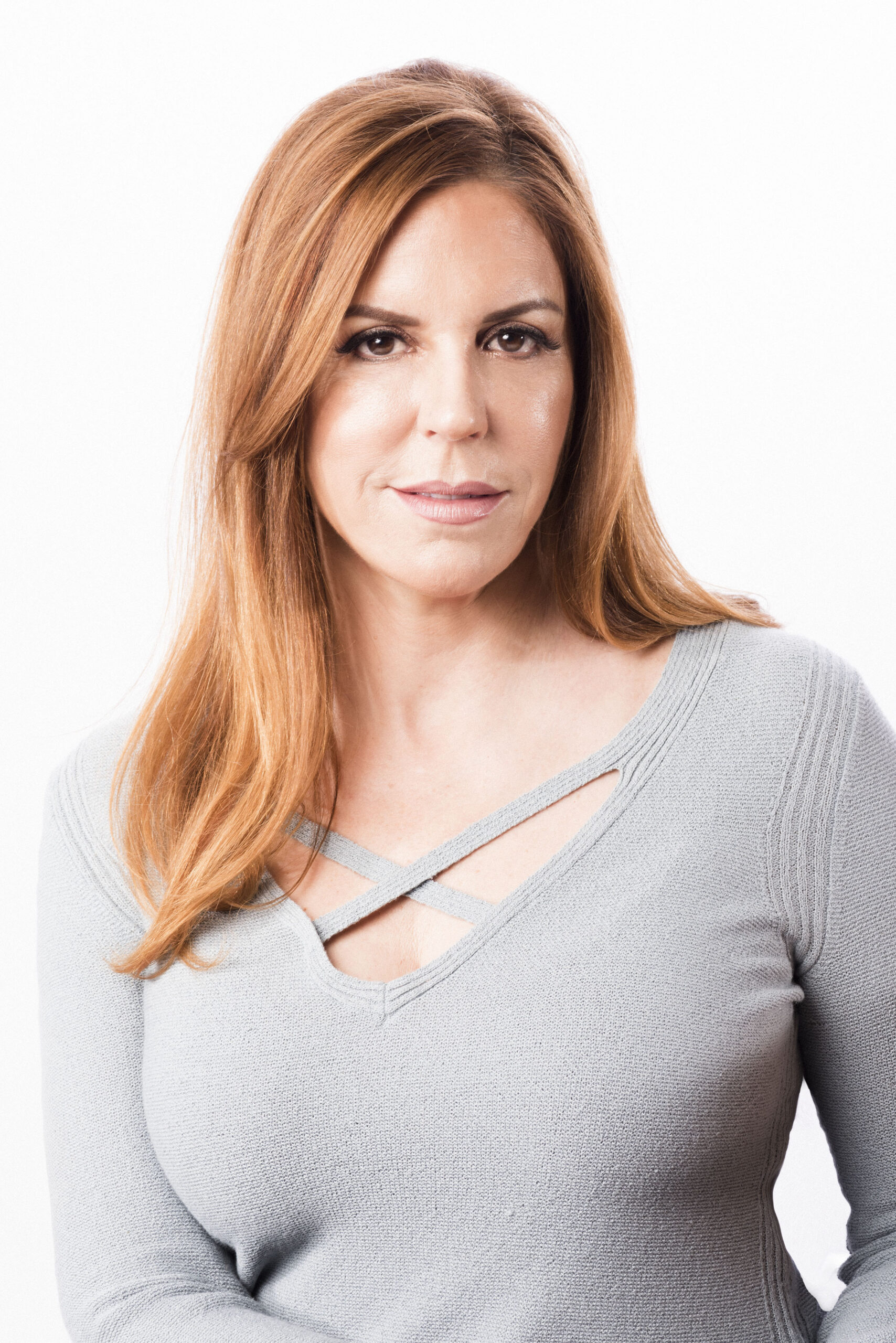A revolution is going on in the field of psychology fueled by the explosion in brain research. Using her expertise as both a clinical psychologist and a neuropsychologist, Dr. Orli Peter will tailor customize treatments for you that integrate the best of psychotherapies with applied neuroscientific techniques.
ABOUT DR. ORLI PETER
Dr. Peter is a clinical and neuropsychologist with almost 30 years of experience contributing to the field of psychology as a practitioner, researcher, and educator. She is a former associate professor of psychology at Mount St. Mary’s University in Los Angeles, where she was the director of the Psychology Graduate Programs, Clinical Supervisor to therapists in training, and acting Chair of the Psychology Department. She has conducted psychological research at the University of California at Berkeley, UCLA, and the RAND Corporation.
Dr. Peter has published numerous research articles and book chapters, and she has been a contributing columnist to the Los Angeles Times. She has presented professional papers internationally and has been the subject of local feature articles and stories. Full List of Publications.
After receiving her doctorate from the University of California at Berkeley, Dr. Peter went on to complete postdoctoral fellowships in social psychology, clinical psychology, and neuropsychology at UCLA, Devereaux Foundation, and Fielding. She was awarded diplomate status in Clinical Psychology from the American Board of Psychological Specialties, and then continued her studies with Dr. Allan Schore and Dr. Dan Siegel, clinical professors in the Department of Psychiatry at UCLA School of Medicine. Both Dr. Schore and Dr. Siegel are considered pioneers in the area of Interpersonal Neurobiology and its application to helping people regulate emotion and connect empathically to each other. Dr. Peter then extended her studies to understand the intricacies of the brain’s frontal lobe with Elkhonon Goldberg, internationally renown clinical professor of neurology at New York University School of Medicine.
Dr. Peter has helped restabilize survivors and witnesses of 9/11, Iranian refugees, Israeli victims of terrorist attacks, and families who have fled war-torn countries. Dr. Peter has been a volunteer for Disaster Mental Health at the Red Cross, and is certified as a psychologist for Homeland Security by the American College of Forensic Examiners.

PSYCHOTHERAPY
Customized treatments may include:
- Accelerated Experiential Dynamic Psychotherapy (AEDP)
- Attachment Therapies
- Cognitive Behavioral Therapy (CBT)
- Eye Movement Desensitization and Reprocessing (EMDR)
- Internal Family Systems (IFS)
- Interpersonal Neurobiology (IPNB)
- Mindfulness
- Somatic Experience (SE)
NEUROTHERAPY
Customized treatments may include:
Neurofeedback
- EEG Neurofeedback
- Hemoencephalography (HEG)
- Heart Rate Variability (HRV)
Neurostimulation
- Pulsed Electromagnetic Frequency (pEMF)
- Transcranial Direct Current Stimulation (tDCS)
- Alternating Current Stimulation (ACS)
PSYCHONEUROTHERAPY
Specialized programs integrate neurotherapy with psychotherapy using QEEG to guide treatment:
Traumatic Growth
Intensive weekend programs or 20-session packages
Anxiety & Depression
20-session packages over 3 months
Improving Focus
Intensive treatment 2-3 times a week over 3 months
Empathy Adjustments
Increasing empathy for those with difficulty connecting, or Decreasing empathy for those experiencing too much of the emotion around them.
BRAIN MAPPING
QEEG or Quantitative ElectroEncephaloGram is a type of neuroimaging that informs both psychological and neurotherapy treatment.
Mapping your brain’s activity provides information on how and where your brain may be inhibiting your recovery from psychological problems.
Neuropsychological testing are standardized, computerized or written tests that provide information on your brain’s performance.
